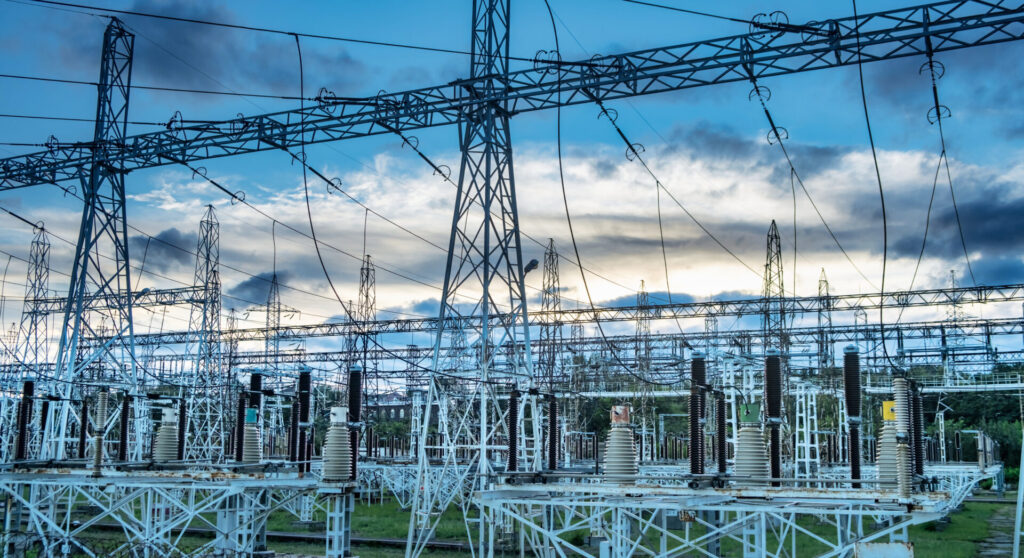Power quality is crucial for the efficient and reliable operation of the compressor in an environmental test chamber. Poor power quality can lead to various issues such as reduced efficiency, increased wear and tear, and even premature failure of the test equipment. Here are some key aspects to consider:
- Voltage Stability: Compressors require a stable voltage supply to operate efficiently. Voltage fluctuations can cause the compressor in your environmental test chamber to work harder, leading to increased energy consumption and potential damage.
- Harmonics: Harmonic distortions in the power supply can cause overheating and inefficiencies in the compressor motor. It’s important to ensure that the power supply is free from significant harmonic distortions.
- Power Factor: A low power factor indicates that the compressor is not using the electrical power efficiently. Improving the power factor can lead to better performance and lower energy costs.
- Transient Overvoltages: Sudden spikes in voltage can damage the compressor’s electrical components. Using surge protectors can help mitigate this risk.
- Frequency Stability: Compressors are designed to operate at a specific frequency. Deviations from this frequency can affect the performance and longevity of the compressor.
Ensuring good power quality involves regular monitoring and maintenance of the electrical supply and the compressor itself.
As we are heading into the summer months where grid reliability may be questionable at times, this FAQ will focus on voltage stability – specifically brownout conditions
Common FAQs on Brownout Conditions and Environmental Test Chamber Compressors
Brownouts, or sustained periods of low voltage, can significantly impact the performance and longevity of environmental test chamber compressors. Here are some frequently asked questions (FAQs) about brownout conditions and their effects on environmental chamber compressors:
What is a brownout?
A brownout is a temporary drop in voltage in an electrical power supply system. Unlike a blackout, where there is a complete loss of power, a brownout involves a reduction in voltage levels, which can last from a few minutes to several hours.
How do brownouts affect environmental test chamber compressors?
Brownouts can cause a number of issues for compressors in environmental test chambers, including:
- Mechanical Stress: Chamber components, such as bearings and seals, may experience additional mechanical stress, leading to accelerated wear and tear of your environmental test equipment.
- Compressor Lockup or Failure to Start: If a compressor attempts to start during a brownout, it may not develop enough torque to overcome internal pressure, leading to a locked rotor condition. This can trip breakers or damage the compressor motor.
- Overheating: The increased workload during a brownout can cause the compressor to overheat. This is because the motor draws more current to compensate for the lower voltage, generating excess heat.
- Operational Interruptions: Brownouts can cause compressors to trip or shut down unexpectedly, leading to operational interruptions and potential downtime for the environmental chambers they serve.
- Premature Failure: Prolonged exposure to low voltage can result in premature failure of the compressor due to the combined effects of overheating, motor damage, and increased wear and tear
- Reduced Efficiency: Compressors are designed to operate at a specific voltage. When the voltage drops, the compressor has to work harder to maintain the same level of performance, leading to reduced efficiency and increased energy consumption.
Why do chamber compressors draw more current during a brownout?
During a brownout, the voltage supply to the compressor is lower than its rated voltage. To compensate for the reduced voltage and maintain its output, the compressor draws more current. This increased current draw can lead to overheating and additional stress on the electrical components.
Can brownouts cause permanent damage to environmental test chambers?
Yes, brownouts can cause permanent damage to your environmental test chamber’s compressor. The increased mechanical and thermal stress on the motor and other components can lead to insulation breakdown, short circuits, and ultimately, premature failure of the compressor.
How can I protect my test equipment from brownouts?
To protect your chamber’s compressor from the adverse effects of brownouts, consider the following measures:
- Voltage Stabilizers: Use voltage stabilizers to maintain a consistent voltage supply to the compressor.
- Surge Protectors: Install surge protectors to safeguard against transient overvoltages that may follow a brownout.
- Monitoring Systems: Implement monitoring systems to track voltage levels and detect brownouts promptly.
- Integrate Delay-on-Make Timers: Along with voltage monitoring, add a delay-on-timer to the compressor’s start circuit. This restart delay of 3-5 minutes will allow the voltage to stabilize once the brownout condition has passed.
- Regular Maintenance: Perform regular maintenance on the compressor and electrical system to identify and address potential issues early.
What should I do if my environmental test chamber experiences a brownout?
If your test chamber experiences a brownout, it is essential to:
- Turn Off the Compressor: If possible, turn off the compressor to prevent damage from the low voltage condition.
- Check Voltage Levels: Monitor the voltage levels and wait for them to stabilize before restarting the compressor.
- Inspect for Damage: After the brownout, inspect the compressor for any signs of damage or overheating before resuming normal operation.
Are there any long-term solutions to prevent brownouts?
Long-term solutions to prevent brownouts are typically at the utility side and include:
- Upgrading Electrical Infrastructure: Ensure that the electrical infrastructure is capable of handling the load and is free from significant voltage drops.
- Backup Power Systems: Consider installing backup power systems, such as uninterruptible power supplies (UPS) or generators, to maintain a stable voltage supply during brownouts.
- Coordination with Utility Providers: Work with utility providers to address and mitigate the causes of brownouts in the power supply system.
By understanding the effects of brownouts and implementing preventive measures, you can protect your compressors to ensure the reliable and efficient operation of your test equipment. If you have any more questions or need assistance, feel free to reach out to WNA’s Product Engineering group.

